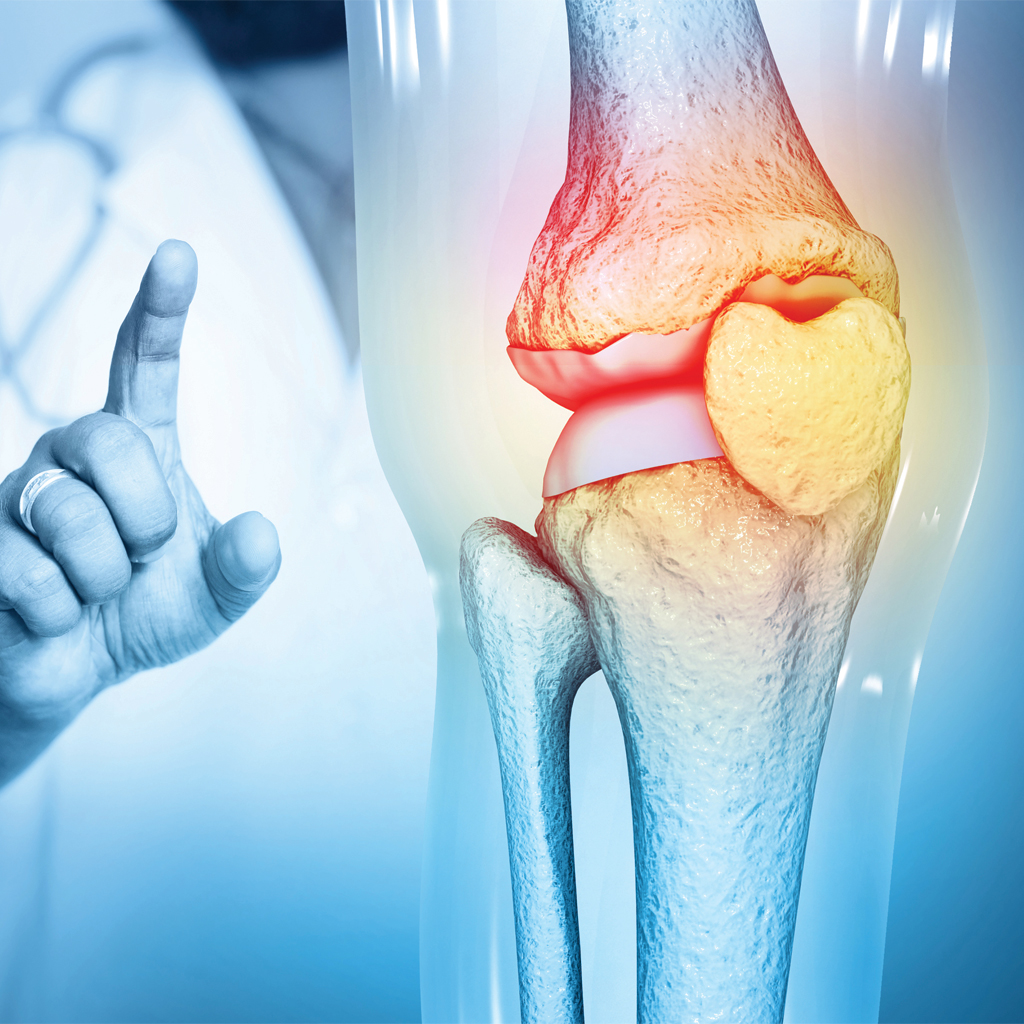Autologous chondrocyte implantation (ACI)
What is autologous chrondrocyte implantation?
Autologous chondrocyte implantation (ACI) is a relatively new, state-of-the-art procedure used to treat isolated full-thickness (down to bone) articular cartilage defects of the knee. It has been approved by the Food and Drug Administration for cartilage defects located at the end of the femur bone (thigh). ACI has also been performed for defects of the patella (kneecap) in addition to other joints of the body. ACI is a two-stage operative procedure.

